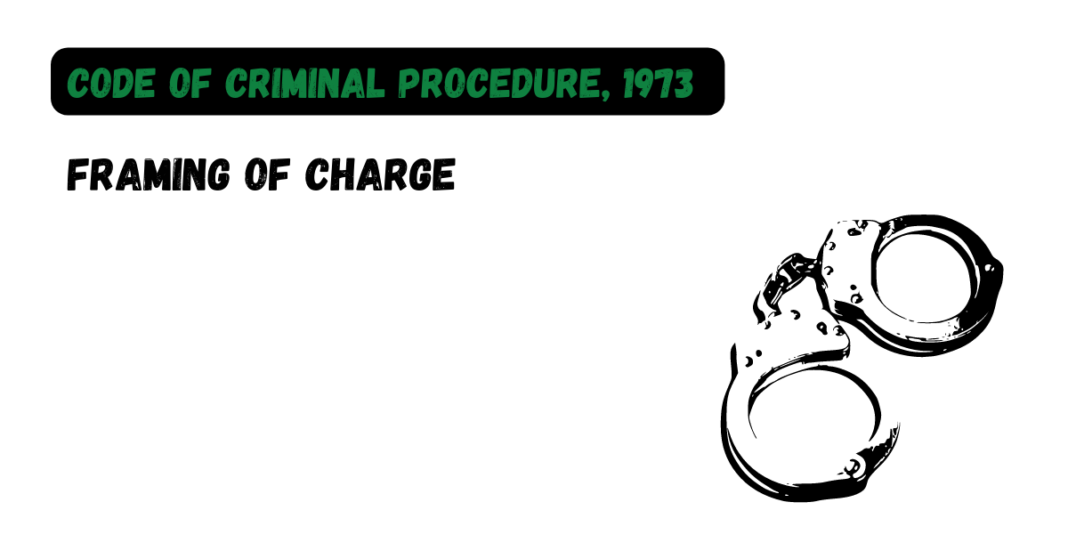- Framing of charge is the process by which the charges against the accused are formally read out and explained to them in open court.
- The charge is framed by the judge after hearing arguments from both the prosecution and the defense.
- The charge is framed based on the evidence presented during the investigation and the trial.
- The charge should be precise and unambiguous, so that the accused knows exactly what they are being charged with.
- The charge must be framed before the accused is called upon to enter a plea of guilty or not guilty.
- If the accused pleads guilty, the court may proceed to deliver the verdict and sentence the accused accordingly.
- If the accused pleads not guilty, the trial proceeds, and the prosecution is required to prove the charges beyond reasonable doubt.
- If the judge finds that there is no sufficient evidence to support the charge, the accused is acquitted.
Framing of Charge
- A word from our sponsors -





